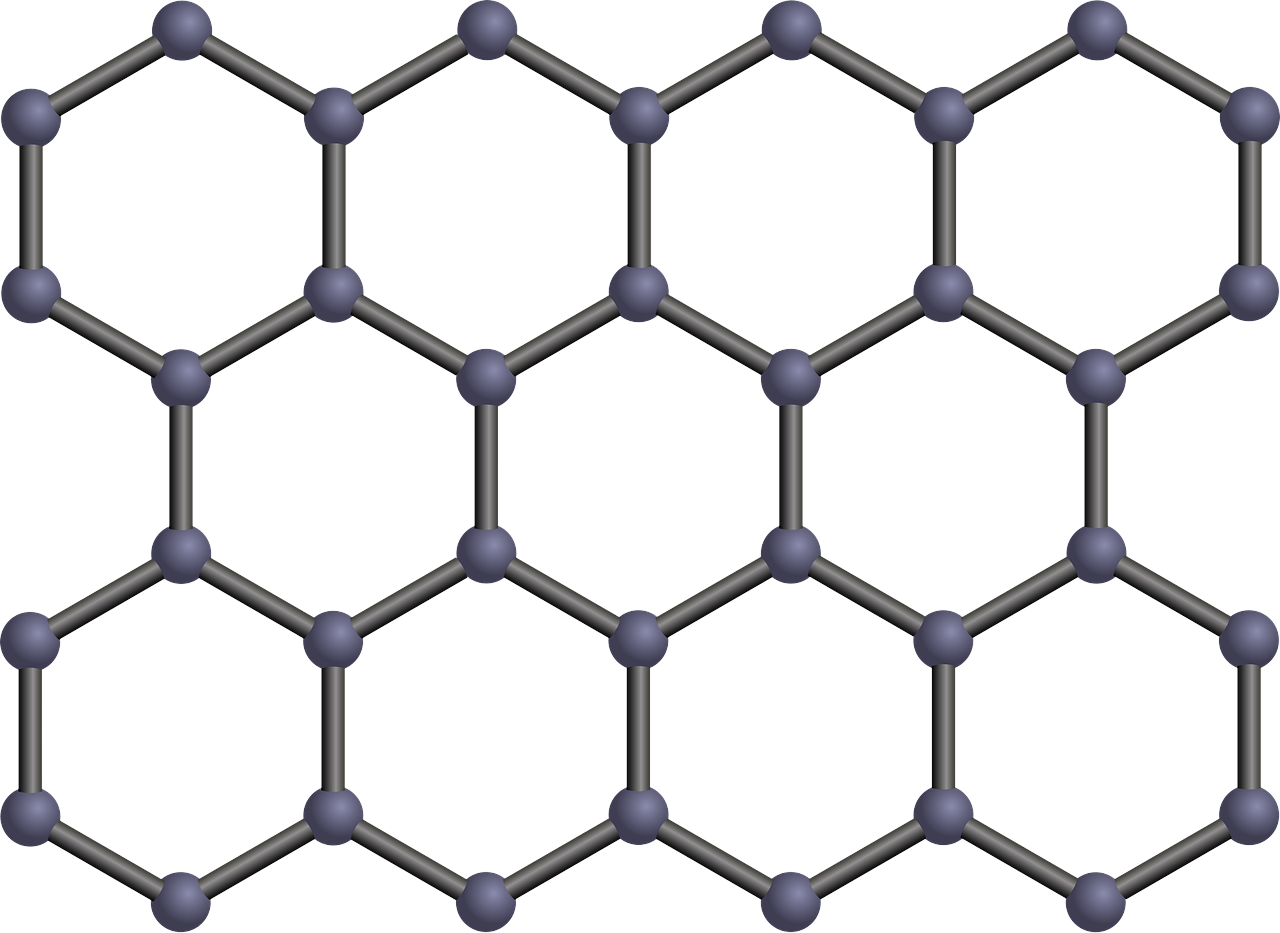Materials Science & Surface Engineering
Archives of Computational Materials Science and Surface Engineering (ACMSSE)
The Archives of Computational Materials Science and Surface Engineering (ACMSSE) began in 2009. The Association of Computational Materials Science and Surface Engineering (ACMSSE) created it with the World Academy of Materials and Manufacturing Engineering (WAMME). The International OCSCO World Press published the journal.
Earlier projects included the Journal of Achievements in Materials and Manufacturing Engineering and the Archives of Materials Science and Engineering. ACMSSE provided a consistent platform for research in computational materials science and surface engineering. It replaced earlier collaborations that had ended.
About
The ACMSSE journal provided a forum for research in materials science. The authors presented computational methods, simulation techniques, and work on processing engineering materials. The journal documented advances in modeling, design, and performance evaluation. It also supported education and scientific understanding in these areas.
Topics Covered
Research in the journal included:
- Engineering Materials – alloys, ceramics, glasses, composites, amorphous and nanostructured materials, biomaterials, polymers, multifunctional and smart materials.
- Manufacturing and Processing – casting, powder metallurgy, sintering, coatings, welding, thermo-chemical treatments, nanomanufacturing, micromanufacturing, and advanced technologies.
- Material Properties – ductility, fatigue, creep, corrosion, wear resistance, fracture mechanics, electrical and magnetic properties, and reliability testing.
- Computational Approaches – artificial intelligence, neural networks, genetic algorithms, finite element methods, computer-aided design, and simulation environments.
Historical Note
The ACMSSE documents scientific research primarily from the late 2000s, providing a valuable resource for understanding the priorities and challenges in materials science and surface engineering of that time. Though it remains available today, its primary purpose is to serve as an informational archive.
The collection showcases the computational methods and research trends that were prevalent during that period, reflecting how these practices have influenced subsequent developments in the field. Overall, it offers insights into the foundational work that continues to impact modern research and innovation.



